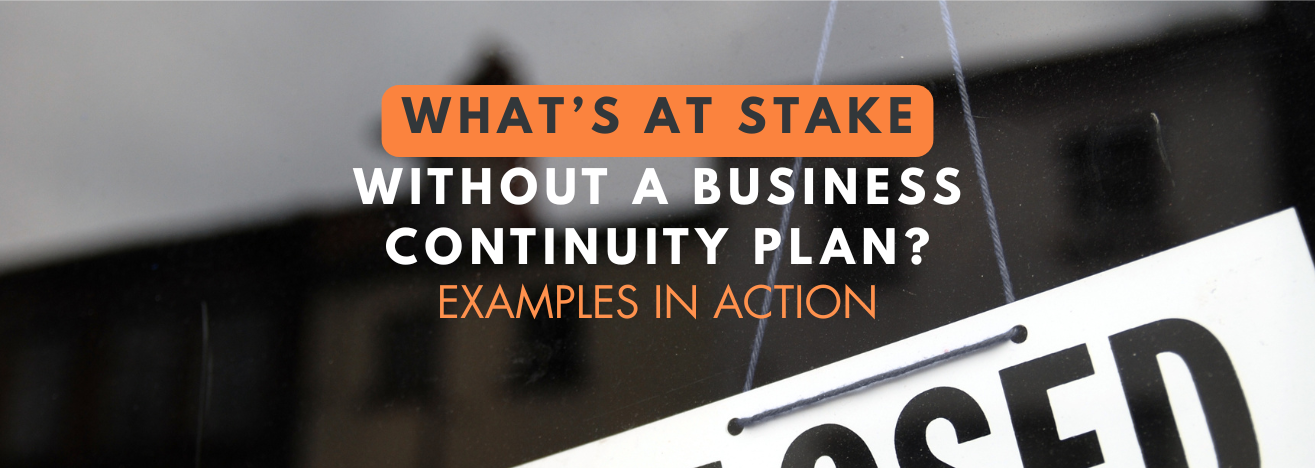Surety Bonds vs. Liability Insurance
See How We're Different
or call us: (858) 384‑1506
Key Differences for Contractors and Businesses
Understanding the difference between surety bonds and liability insurance is essential for contractors, business owners, and professionals across various industries. Both offer protection but serve distinct purposes and are used in different situations. While they might seem similar on the surface—both involve agreements and financial guarantees—their roles in risk management are quite different. This post will comprehensively explain surety bonds and liability insurance, their fundamental differences, and practical examples of when each is required.
What Is a Surety Bond?
A surety bond is a three-party contract that guarantees the performance of an obligation. These three parties include:
- Principal: The individual or business required to fulfill an obligation (this could be you or your company).
- Obligee: The entity requiring the bond, typically a government agency or a project owner.
- Surety: The company or financial institution providing the bond. The surety guarantees that the principal will meet their obligations, and if they fail to do so, the surety steps in to compensate the obligee and seeks reimbursement from the principal.
A surety bond protects the obligee from financial loss if the principal does not fulfill their contractual or legal obligations. Surety bonds are commonly required in construction, government contracting, and court proceedings. They can cover various situations, from ensuring the completion of a construction project to guaranteeing that a business will comply with local licensing regulations.
Types of Surety Bonds
There are several types of surety bonds, each serving a specific purpose:
- Performance Bonds: These are the most well-known type of surety bond. Performance bonds guarantee that a contractor will complete a project according to the terms of their contract. If the contractor fails to deliver, the surety compensates the project owner and may seek reimbursement from the contractor.
- Payment Bonds: This type guarantees that the contractor will pay all suppliers, subcontractors, and laborers involved in a project. If the contractor does not meet these obligations, the surety pays these parties and pursues reimbursement from the contractor.
- License and Permit Bonds: Government agencies require these bonds for certain businesses, such as auto dealers or general contractors. They ensure the company complies with local regulations and standards.
- Bid Bonds: Often used in government contracts, bid bonds ensure that a contractor who wins a project will enter into a contract and furnish the required performance and payment bonds. If the winning bidder backs out, the surety pays the difference between the winning bid and the next lowest bid.
Practical Example: Construction Industry
In the construction industry, a project owner (the obligee) might require a performance bond when hiring a contractor (the principal) to build a new office building. If the contractor does not complete the project to the agreed-upon specifications, the surety compensates the project owner and then seeks repayment from the contractor. This protects the project owner from financial loss if the contractor fails to perform their duties.
What Is Liability Insurance?
Liability insurance is a different type of financial protection designed to cover your business against claims of bodily injury or property damage caused to others. Unlike a surety bond, which protects the obligee, liability insurance protects your business from lawsuits and claims arising from accidents, negligence, or other unforeseen circumstances.
There are several different types of liability insurance, including general liability insurance, professional liability insurance, and product liability insurance. Each type offers coverage for other risks, but the core principle remains the same: liability insurance helps protect your business financially if you are held responsible for damages to a third party.
Types of Liability Insurance
- General Liability Insurance: This is the most common form of liability insurance. It covers claims of bodily injury or property damage that occur as a result of your business operations. For example, if a customer slips and falls in your store, general liability insurance can cover the medical expenses and legal fees resulting from the incident.
- Professional Liability Insurance: Also known as errors and omissions (E&O) insurance, this type of liability insurance is essential for businesses that provide services or advice. It protects against claims that your professional services caused financial harm to a client due to negligence or errors. For example, an architect might have professional liability insurance to cover claims that a mistake in their design led to costly delays for a construction project.
- Product Liability Insurance: If your business manufactures or sells products, product liability insurance can protect you from claims that a product you made or sold caused harm or injury. This coverage is essential for manufacturing, retail, and distribution businesses.
- Employer’s Liability Insurance: This insurance is required in many states and provides business coverage against employee injury or illness claims. It’s typically bundled with workers’ compensation insurance but can offer broader coverage in case of lawsuits that aren’t covered under workers’ compensation.
Practical Example: Retail Industry
In a retail store setting, liability insurance can protect the business if a customer is injured while shopping. For example, if a customer slips on a wet floor and breaks their arm, the business owner could be liable for medical expenses, lost wages, and potential legal fees. Liability insurance would cover these costs, preventing the business from paying out of pocket for the claim.
Critical Differences Between Surety Bonds and Liability Insurance
Although both surety bonds and liability insurance involve financial protection, there are several key differences between the two:
- Purpose: The primary difference between a surety bond and liability insurance lies in their purpose. A surety bond protects the obligee (the project owner or government agency), while liability insurance protects the insured party (the business or contractor).
- Financial Responsibility: In the case of a surety bond, the principal is ultimately responsible for any losses covered by the bond. If the surety pays a claim, they will seek reimbursement from the principal. On the other hand, with liability insurance, the insurer typically pays the claim on behalf of the insured party without requiring reimbursement (up to the policy limits).
- Legal and Contractual Obligations: Surety bonds are often required by law or contract, particularly in construction and government contracting industries. Liability insurance, while often required by law (such as employer’s liability insurance), is also a fundamental part of risk management for businesses in any industry.
- Scope of Coverage: Surety bonds are limited to ensuring performance or compliance with specific obligations (such as completing a construction project or adhering to licensing regulations), whereas liability insurance provides broader protection against a wide range of potential claims, from accidents to professional errors.
- Cost Structure: The cost of a surety bond is typically a small percentage of the bond amount (often 1-3%), depending on the principal’s creditworthiness and financial stability. Liability insurance premiums are calculated based on factors such as the type of business, risk exposure, and coverage limits.
When Do You Need Surety Bonds and Liability Insurance?
Surety bonds and liability insurance are necessary for many businesses, especially in construction. They protect against different scenarios, ensuring your business is fully covered against various risks.
Surety Bonds
If you’re a contractor, particularly in construction or government contracting, you’ll likely be required to carry surety bonds. These bonds provide peace of mind to your clients, guaranteeing that you will meet your contractual obligations. Failing to have the proper surety bond in place can result in losing out on lucrative contracts or even facing legal consequences.
Some situations where surety bonds are typically required include:
- Government contracts: Many government projects require contractors to post bid, performance, and payment bonds to complete the project correctly.
- State licensing: In specific industries, businesses must post surety bonds to obtain or renew their operating licenses (e.g., auto dealerships, contractors, etc.).
- Court bonds: Some legal proceedings require individuals or businesses to post surety bonds, such as appeal or executor bonds in probate cases.
Liability Insurance
Liability insurance is essential for nearly all businesses. Whether you own a small retail shop, a professional services firm, or a large manufacturing company, liability insurance helps protect you from the financial risks associated with accidents, injuries, and other claims.
Some common scenarios where liability insurance is crucial include:
- Bodily injury claims: A customer or client gets injured on your business premises.
- Property damage claims: Your business operations damage someone else’s property.
- Professional errors: A mistake or oversight in your services leads to financial loss for a client.
Final Thoughts
Both surety bonds and liability insurance are critical tools for managing risk and ensuring financial stability. While surety bonds guarantee that your business will meet its contractual obligations, liability insurance protects it from the unpredictable nature of accidents, lawsuits, and claims. By understanding the differences and knowing when to use each, you can better protect your business and clients.
Whether a contractor bidding on projects, a business owner providing services, or a manufacturer selling products, having the right mix of surety bonds and liability insurance can safeguard your operations and reputation.
Fusco Orsini & Associates can help secure surety bonding and liability insurance. We partner with construction companies nationwide to provide these services. Click the link below to get started.







